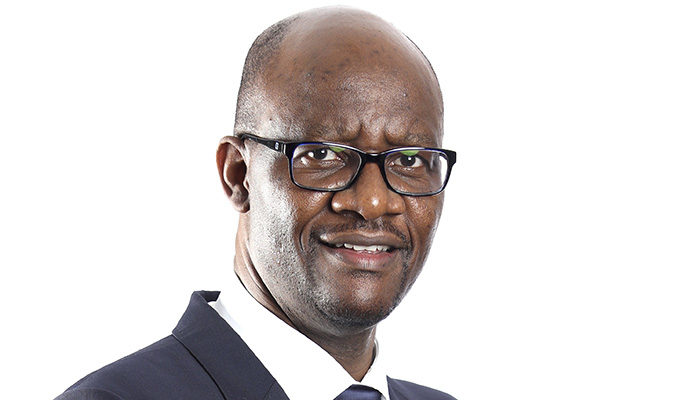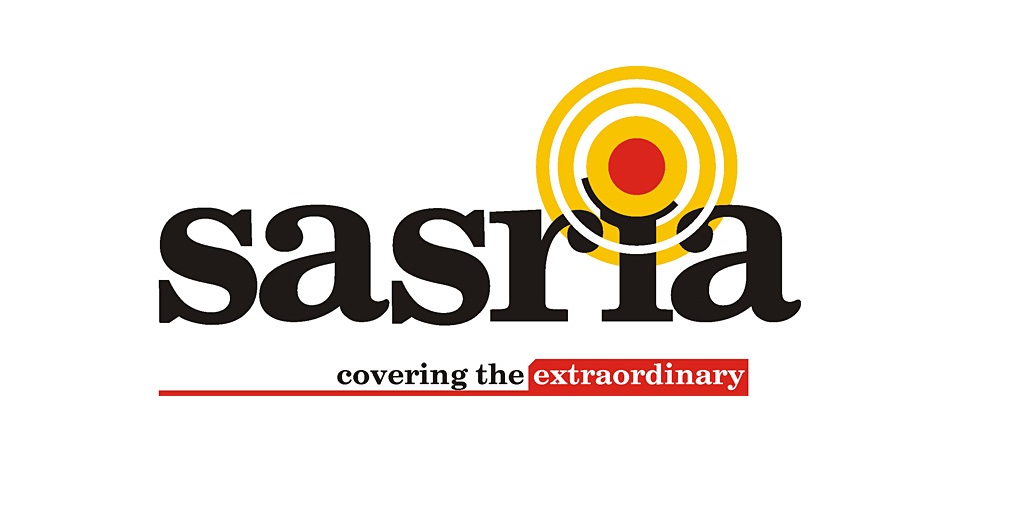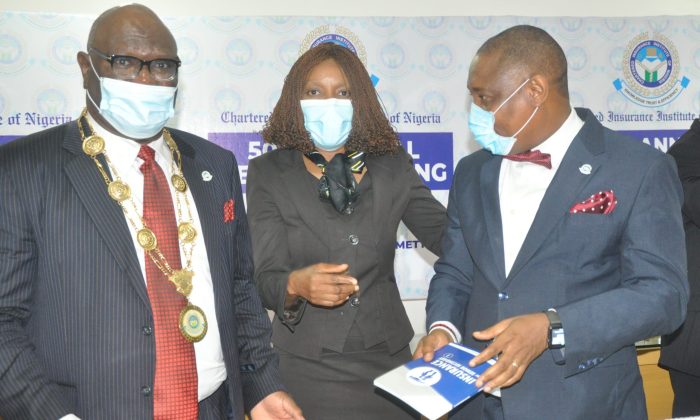By Favour Nnabugwu
Global insurance market premium recovering from the COVID-19 pandemic will be up by 5.8 percent to hit US $7 trillion by the end of 2021.
Swiss Re’s 2021 world insurance premium sigma report forecasts that global insurance premiums will follow this strong GDP growth, increasing by an expected 3.3 percent in 2021 to a total of US $6.9 trillion.
In addition, the report then forecasts another 3.9 percent of insurance premium growth in 2022 as well, which will take global premiums to just under US $7.2 trillion.
As ever, growth will differ depending on the maturity of a regions economic activity and the expected pace of its GDP growth, with the 2021 forecast suggesting that insurance premium growth will be 6.3 percent for China, 1.7 percent for the US, 2.8 percent in Western Europe and 5.6% for emerging markets.
As we’ve been saying since Spring 2020 when the pandemic began, a shock event such as COVID-19 was always going to drive heightened risk awareness and also some additional risk aversion in the world and Swiss Re acknowledges this in its new report.
The reinsurance firm said that, “A key opportunity for insurers is the positive development in consumer awareness, which has been cemented by the COVID-19 pandemic.”
The sigma release demonstrates this in reporting that global health and protection-type insurance premiums grew by 1.9 percent and 1.7 percent respectively in 2020, which Swiss Re puts down to increased awareness of the value of health and protection-type products due to the pandemic.
Jerome Haegeli, Group Chief Economist at Swiss Re Institute, commented, “We expect the insurance industry to earn a record USD 7 trillion in premium by end of next year. The best preparation for the next economic shock is having economic buffers in place. However, fiscal and monetary buffers are being depleted, which means the private insurance sector is increasingly important. Narrowing protection gaps needs to become an economic policy goal.
“The economic upswing expected in 2021 and 2022 is on track to materialise, and this is a key factor for insurance premium growth across the globe. The main market to watch is China, where both economic and premium growth continue at a strong pace. Consumer awareness is clearly an important growth driver and this has been driven by the pandemic. Whether it is private medical insurance or supply chain interruption for businesses, people have become much more aware of what insurance is, and how it can help them to emerge resilient from such a crisis.”
John Chen, President of Swiss Re China, added, “The Chinese economic bounce-back will drive the recovery of the world economy and boost the development of the insurance industry in China, which will further improve the societal resilience and enable the high-quality development of both the insurance industry and the Chinese economy.
The 14th Five-Year Plan and other ambitious goals have outlined great growth opportunities and space for innovation. The carbon neutrality target is another key driver that enables the insurance industry to contribute more to the sustainable development of the economy. Swiss Re will continue to work with our partners and clients to close protection gaps and build societal resilience.”
Whenever the insurance market grows at pace the need for reinsurance risk capital to support primary companies in doing their business also increases.
Premium growth is set to increase for property lines of business as well and over the coming years premium growth in protecting catastrophe exposed property could be a major opportunity for third-party capital to support traditional companies in taking some of that risk off their books.
Aligned with this, climate risk perception is rapidly increasing and could also result in a shedding of risk by asset owners, holders and also insurers, with the insurance-linked securities (ILS) market and capital market investors well-positioned to assist and benefit from these trends.
Over recent years we have seen some companies shifting more catastrophe and climate related risks onto external capital partners and with premiums set to expand in insurance, along with new opportunities and business classes set to emerge, there is a strong chance traditional re/insurers look for even more capital support for their peak risks, to enable them to free up funding to underwrite emerging classes of risk and growth opportunities.












